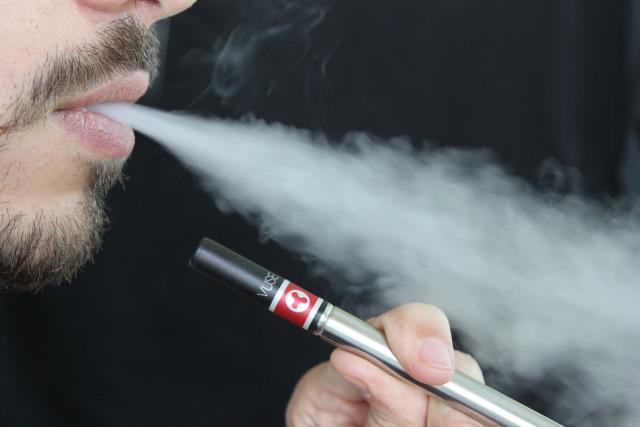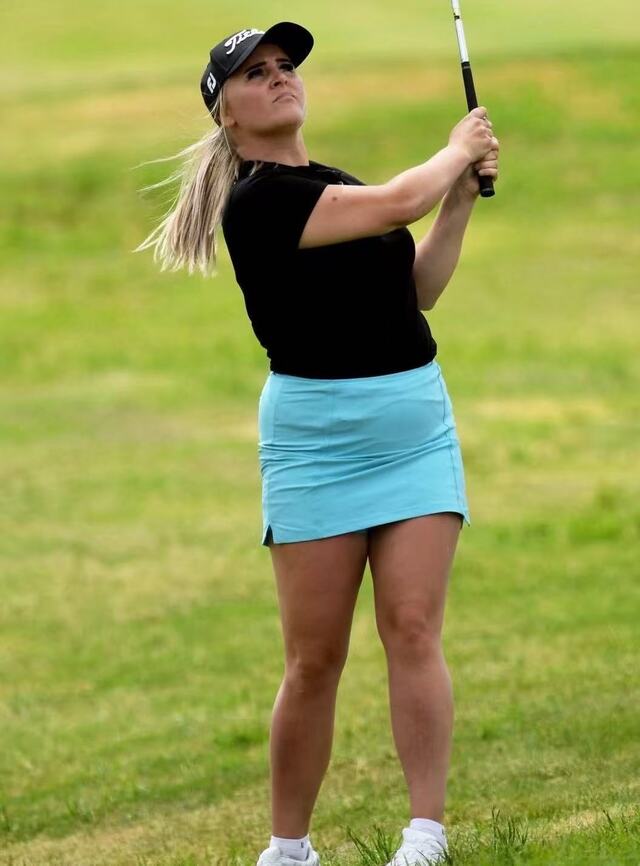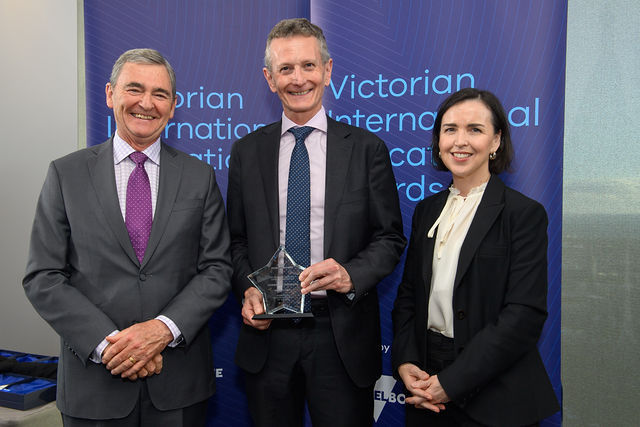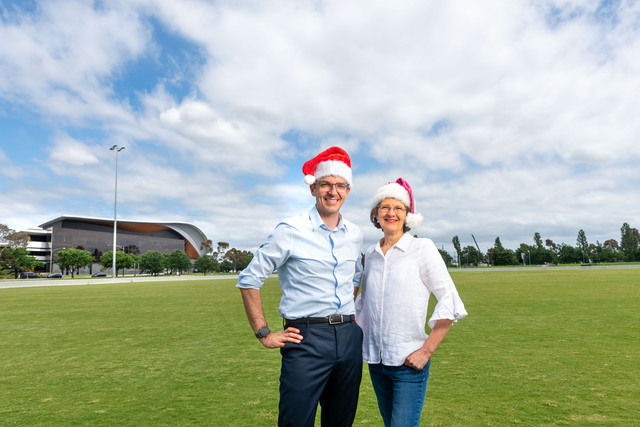VicHealth and Quit have released new research revealing the ways the vaping industry uses social media to promote and sell vape products to young Australians, including those in Casey.
The vaping industry and pro-vaping influencers are flooding social media platforms including TikTok and Instagram with videos and photos which normalise and promote vaping.
Some e-cigarette retailers are also advertising products specifically designed for teenagers to hide e-cigarettes from parents and teachers.
Key findings from the research into vaping content on TikTok and Instagram include adeluge of pro-vaping content , TikTok is home to more than 18.1 billion posts with the hashtag #vape.
On Instagram, 16.4 million posts were tagged #VapeLife, the majority of this content promotes e-cigarette use, and worryingly suggests to underage social media users that vaping is a normal part of life.
The use of vaping ‘influencers’, people or accounts that post positive videos or photos about vaping to motivate their followers are prolific on TikTok and Instagram.
By definition, influencers are often paid or incentivised in some way by brands or companies, but it’s not always declared by the influencer.
Instagram is home to more than 18,000 ‘vaping influencer’ profiles solely dedicated to promoting vaping.
Humour, sex appeal, tricks and how to hide e-cigarettes, common themes include using humour to make light of vaping addiction and poke fun at how easy e-cigarettes are for young people to get, promoting products designed to hide or ‘stash’ e-cigarettes from parents or teachers, and associating vape flavours with personal identities.
Retailers masquerading, many TikTok and Instagram accounts that post vaping content appear to be non-commercial, or created by everyday people, but clicking on the link in the profile takes users straight to an online e-cigarette store.
Anti-vaping content minimal and not enough to counter pro-vaping messages, across both TikTok and Instagram, the volume of content about vaping health harms, addiction, injury risk and environmental impacts pales in comparison to the amount of content that promotes vaping.
VicHealth chief executive Dr Sandro Demaio said the undeniable goal of the vaping industry is to drive e-cigarette sales and hook young people on nicotine.
“The vaping industry and pro-vaping influencers are flooding social media channels with content that suggests to young people that vaping is funny, cool, sexy and glamorous. They’re sending a dangerous message to Australian kids that vaping is a socially acceptable and a normal part of life, when it’s not,”she said.
“Young people should be free to use social media for entertainment and to connect with family and friends.
“E-cigarettes contain up to 200 toxic chemicals, some of which are incredibly harmful and don’t belong in our lungs. We need to hold the vaping industry accountable for the sneaky digital marketing tactics they’re using to target young Australians.”
VicHealth and Quit support the federal government’s plans to modernise existing legislation and prevent young Australians from being exposed to tobacco and vaping advertising and promotion online.







